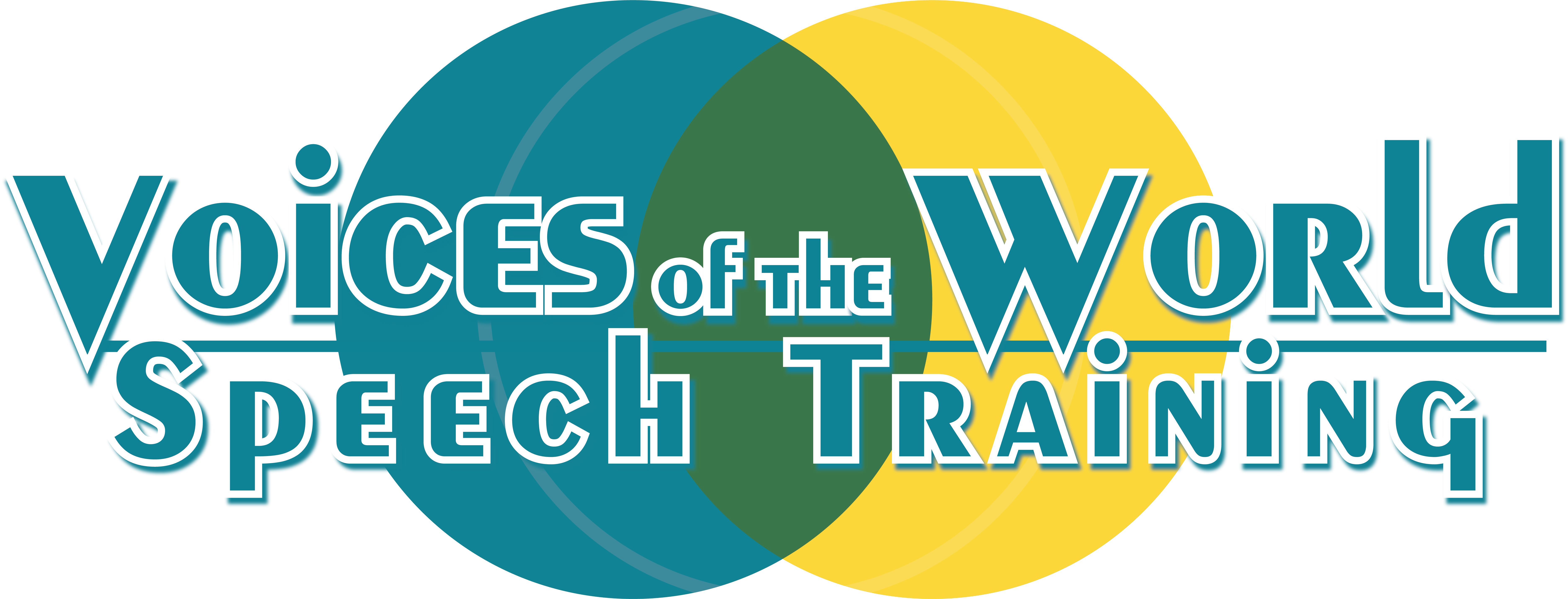
04 Jan How to Pronounce “January” Correctly
Many of you may be inadvertently leaving out an essential component (or two) in the word “January.” One thing that’s interesting about this word is that almost every one of my students has difficulty with it, no matter where the student is from.
Approximately 99% of the time I default to using phonetic transcription when teaching sounds. Phonetic transcription is a way of writing sounds with symbols. Each sound is represented by only one symbol. I find it to be the clearest way to communicate with my students about the target sounds in words as there is never any confusion about which “i” or “a” sound we are using; the symbol says it all. However, the word “January” lends itself very well to a different approach. For this particular word, I will lay out the sounds as you see them in many basic pronunciation guides (which usually, though not always, miss key elements of pronunciation). The word will sound like “Jan-you-air-ee.”
Word Stress
The stress should be on the first syllable: JAN-you-air-ee. Try to keep the stress here, even after I make my next point.
The “y” Sound
The second syllable needs a “y” sound. It should sound like “you.” If it sounds like “oo,” you have left out a key component. Say the word slowly and make sure you are pronouncing the “y” sound.
Keeping Clear Syllables
Do you see that there are two vowels next to each other in the word “January”? Each of these vowels is a distinct syllable. It is important not to merge the two syllables into one. If you merge the syllables, it will sound like a three-syllable word instead of a four-syllable word. Changing the number of syllables in a word is one of the best ways to be misunderstood.
The “uar” portion of the word “January” should sound like “you” and “air.” The syllables should be smoothly connected, without a break in between, but should clearly sound like “you” and “air.” How can this be done? The critical factor is that when pronouncing the /uʷ/ sound that we find in words like “you,” you have to round your lips at the end, making a “w” sound. If you make the “w” at the end of “you,” you will be able to smoothly link the vowel in “you” with the vowel in “air.” You can also think of it as “Jan-you-wear-ee,” which may help you pronounce the “w” sound more clearly.
Practice tips
Practice the word slowly. Don’t be afraid of going too slowly. The best thing you can do when practicing a new sound is to give yourself the time you need to produce the sound(s) accurately. Once you can do it accuracy, you can build up speed until the word sounds natural. If you start your practice by trying to have accuracy AND speed, you will have speed, but you will never achieve accuracy.
About the Author: Jane Rupp is a speech therapist and owner of Voices of the World Speech Therapy, a practice in Austin, Texas which specializes in accent reduction training.
